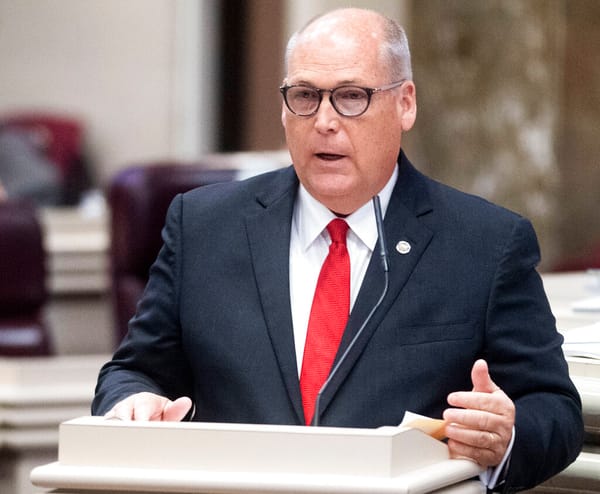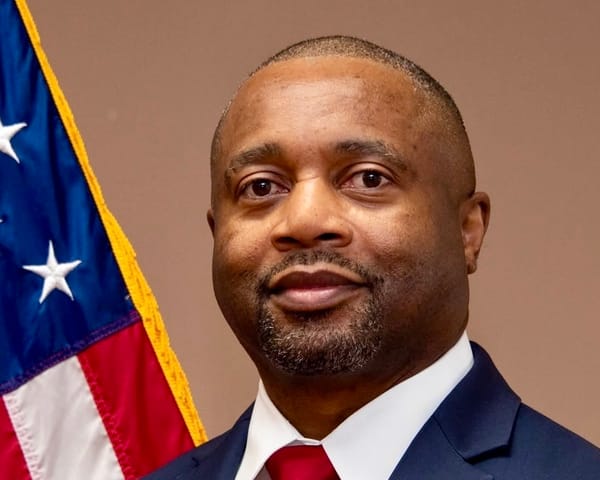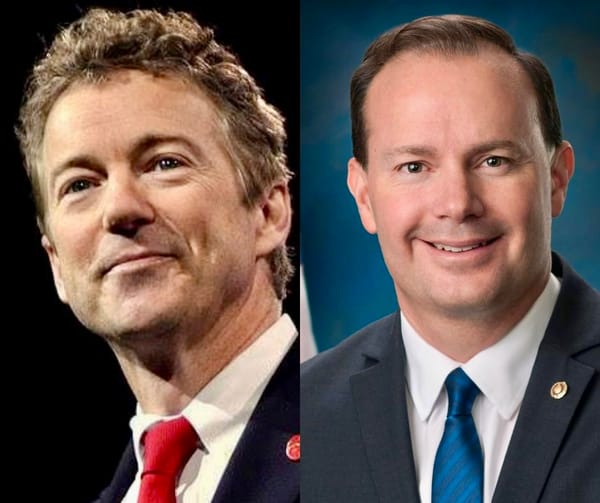Reps. Figures, Edwards Drive Bipartisan Push to Boost Disaster Relief Fairness for Rural Areas
BRIC Act would shift funding towards often-neglected rural areas

The House Transportation and Infrastructure Committee has advanced the FEMA Reform Act, marking significant progress for the bipartisan Building Resilient Infrastructure and Communities (BRIC) Act, sponsored by Representatives Shomari C. Figures (D-AL2) and Chuck Edwards (R-NC).
Under the proposed reforms, BRIC would overhaul FEMA’s hazard-mitigation program, transforming it from a purely competitive grant model into a formula-based system. Funds would be divided as follows:
- 40 percent shared equally by all States
- 20 percent based on population and median income
- 20 percent weighted by vulnerability to disasters affecting essential infrastructure
- 20 percent directed toward economically distressed or rural areas, with specific attention to tribal communities
“I’m proud to have led this bipartisan effort to reform how FEMA funds are distributed,” Rep. Figures said in a statement. “The inclusion of the BRIC Act in the FEMA Reform Act is a major step toward smarter, more equitable disaster preparedness. It is a real win for Alabama communities and others across the country that need these resources the most.”
FEMA’s old system often left smaller, rural areas with little access, while advantaged, typically urban, communities won most of the funds. The BRIC Act seeks to close long-standing gaps.
Last month, when the BRIC Act was introduced, Rep. Edwards said, "Since Hurricane Helene made landfall in Western North Carolina on September 27, 2024, it has become increasingly clear to me how essential FEMA’s BRIC funds are for community infrastructure, and how unfairly they are currently distributed, especially for rural areas.”
The FEMA Reform Act must still clear the full House, the Senate, and be signed by the President to take effect. But, the Committee vote represents a key milestone in the legislative process.
Experts have welcomed the broader FEMA overhaul underway. The Fixing Emergency Management for Americans (FEMA) Act of 2025, which includes the BRIC reforms, would also remove FEMA from the Department of Homeland Security and elevate it to a standalone cabinet-level agency.
Lawmakers say FEMA needs speed and flexibility. Ranking Member Rick Larsen (D-WA) called the reforms “the most robust legislative reform of FEMA and federal disaster assistance programs in decades.”
Still, the fate of the BRIC program remains uncertain. Earlier this year, FEMA attempted to cancel BRIC, prompting lawsuits from over 20 states and a court order blocking the move. As such, the proposed formula could bring much-needed stability to an Agency whose recent actions have come under harsh criticism.
At a time when rural communities say they struggle to protect infrastructure from rising threats—like floods, storms, and severe heat—the BRIC update brings cautious hope for fairer aid for neglected areas.




